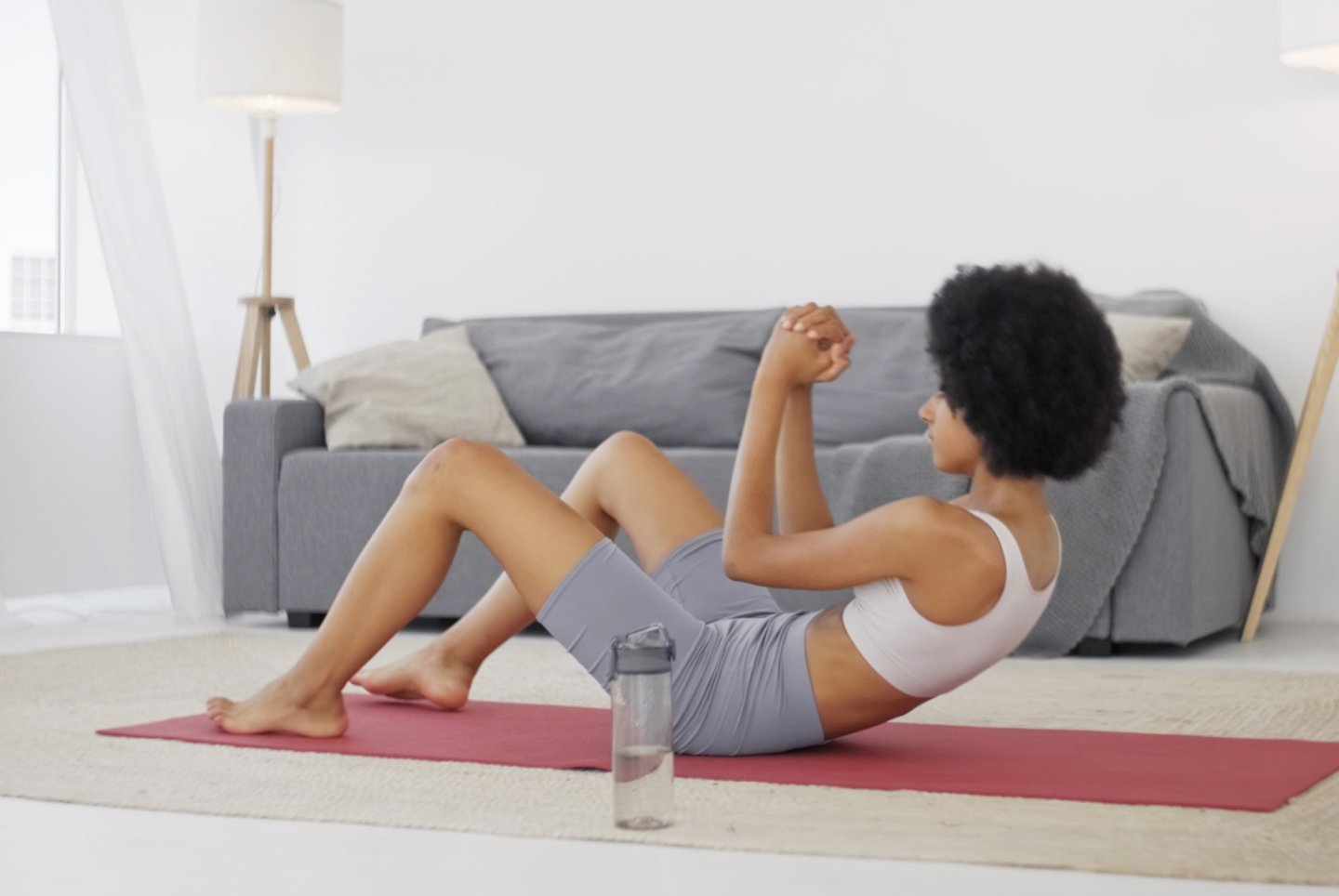60-Second Psychology: The Psychology of SELFIES & the Mere-Exposure Effect
Welcome to Episode 8 of 60-Second Psychology: The Psychology of Selfies & the Mere-Exposure Effect.
Have you ever snapped a few selfies on a night out and been looking great, but then the next day when you see your friends' photos, you think you look way worse? You may be experiencing the mere-exposure effect, sometimes referred to as the familiarity principle. This is a psychological phenomenon where one develops a preference for things just because those things are familiar to them...and guess what? Your reflection is more familiar to yourself than images of your unflipped self!
This mere-exposure effect was first identified by Robert B. Zanjoc in 1968. Then, in 1977, psychologists Theodore Mita, Marshall Dermer and Jeffrey Knight described a variation of this phenomenon. They demonstrated that "individuals will prefer a facial photograph that corresponds to their mirror image rather than to their true image." This finding was published in a study titled "Reversed Facial Images and the Mere-Exposure Effect."
We experience reflected images of ourselves far more than we see other people's photos of us unflipped. Why? Well, we see ourselves every morning in the bathroom mirror -- and then in mirrors throughout the day at work, school, shops, dressing rooms, and so on! That reflected image of you becomes your preference simply by virtue of you seeing that flipped 'you' more often. In most selfie cameras, the image is also reflected, so you simply tend to like that experience of your image more than friends' photos. More broadly, we prefer things that we have been exposed to in the past, and our preference increases as our repeated exposure does. Psychologists argue that the mere-exposure effect can result in suboptimal decision-making, because we stay away from the unfamiliar. Have you ever seen or experienced this phenomenon before? Let me know in the comments below. Don't forget to like and subscribe for future 60-Second Psychology videos, and I’ll see you next time. Enjoy!
Aloha,
Dr. Jen





